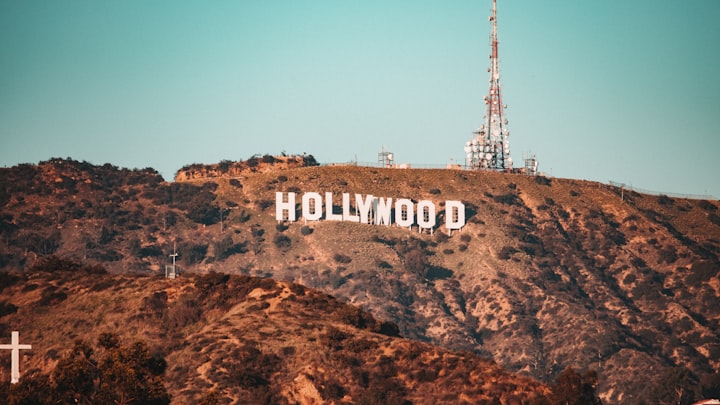Hollywood Actor Strike Ends
Deal's Impact on AI and Streaming for Decades
Following an arduous 118-day standoff—the longest strike in Hollywood’s history—the Screen Actors Guild-American Federation of Television and Radio Artists (SAG-AFTRA) has finally clinched a deal with the Alliance of Motion Picture and Television Producers (AMPTP). While details of the agreement remained undisclosed, the resolution arrives after a prolonged tussle regarding the utilization of artificial intelligence in actors’ performances and their demands for residual compensations from shows and films featured on streaming platforms.
The deal, greenlit by a committee from SAG, representing multitudes of film and television actors, signals the imminent conclusion of the strike that saw pickets outside prominent entertainment hubs like Netflix, Disney, Warner Bros. Discovery, and others. The tentative agreement is poised for review by the union’s national board on Friday following the strike's cessation on Thursday.
Undoubtedly, this marks a significant milestone for Hollywood, a thriving industry that, this year, experienced substantial disruption due to labor disputes. Both the Writers Guild of America (WGA) and SAG had been unwavering in their pursuit of fair compensation and concerns over the intrusion of AI in their craft. The WGA strike initiated in May, followed by SAG’s walkout in July, marking the industry's first dual work stoppage since 1960. The WGA strike concluded in September with a landmark agreement safeguarding writers from AI encroachment.
Throughout this year’s negotiations between SAG and AMPTP, the predominant impasse centered on generative AI. In July, studios proposed an AI plan purportedly safeguarding actors’ digital likenesses. However, SAG contested the proposal, highlighting provisions suggesting that background performers could be scanned, paid for a day's work, and subsequently transformed into digital characters exploited indefinitely by studios—an assertion the AMPTP refuted.
The deadlock persisted until the recent weekend when SAG rejected the studios’ final offer, citing unresolved disagreements, notably concerning AI. Further revelations from The Hollywood Reporter disclosed the AMPTP’s proposal, allowing studios to acquire AI scans of Schedule F performers, using these scans posthumously without estate consent or SAG approval. Schedule F includes individuals earning above minimum rates for TV series or feature films. SAG pressed for compensation and consent for the scans’ reuse.
Subsequently, the studios reportedly revised their AI proposal on Tuesday, marking a crucial turning point. While the specifics of the Thursday deal remain ambiguous, it appears likely that actors secured some of the AI protections they had sought.
Since the strike's initiation in July, the discourse on artificial intelligence has escalated from casual discussion to an international concern. Last week, President Joe Biden issued an executive order aimed at regulating commercial AI power, indirectly impacting the realm of Hollywood. SAG aligned with this development, emphasizing the necessity for worker and union involvement in policy formulation for responsible AI implementation.
The overarching concern for both writers and actors during this prolonged dispute was the challenge in sustaining a middle-class livelihood, as articulated on the SAG website. This involves not only safeguarding jobs from AI encroachment but also ensuring fair residual compensations from streaming content comparable to network airing. Duncan Crabtree-Ireland, SAG-AFTRA's executive director and chief negotiator, stressed the incongruity between the modern streaming business model and archaic compensation frameworks, emphasizing the need for a more equitable system.
With both strikes now concluding, a sense of cautious optimism prevails concerning these issues. This resolution also signals the resumption of various productions, from 'Gladiator 2' to 'Andor.' "Within weeks of the strikes ending, we will be back in the United Kingdom shooting the second half of Deadpool," shared Shawn Levy, director of the third Deadpool installment, in an interview with WIRED in August. The show must go on.
About the Creator
Ayra Leeds
Embracing the diversity of the written word, I find my passion in exploring an array of niches through writing. From the intricacies of technology to the captivating realms of arts and culture, my ink knows no boundaries.






Comments
There are no comments for this story
Be the first to respond and start the conversation.